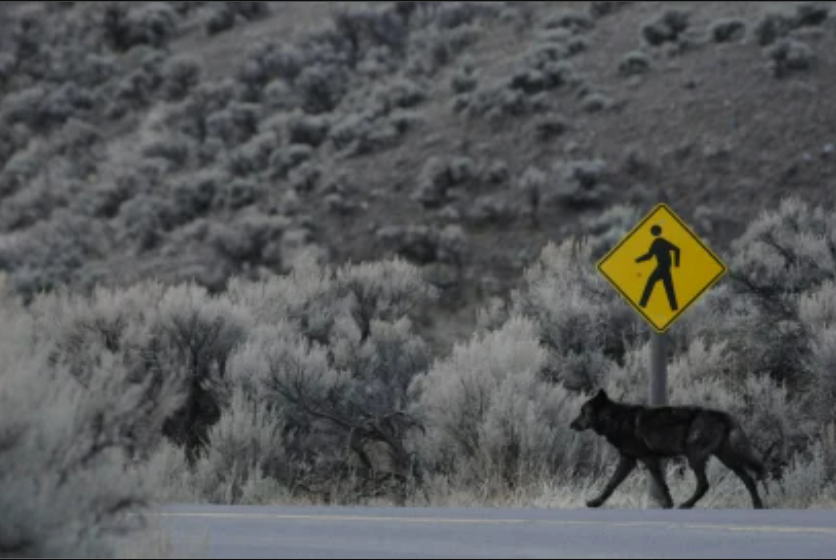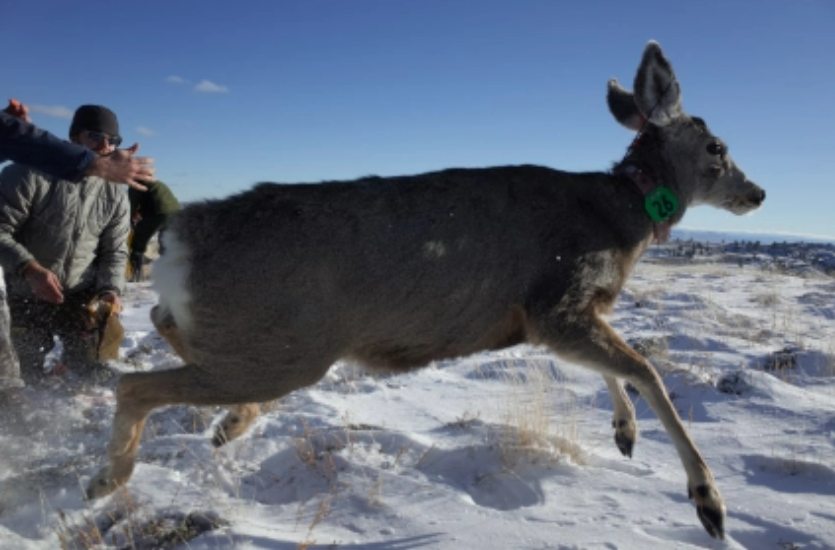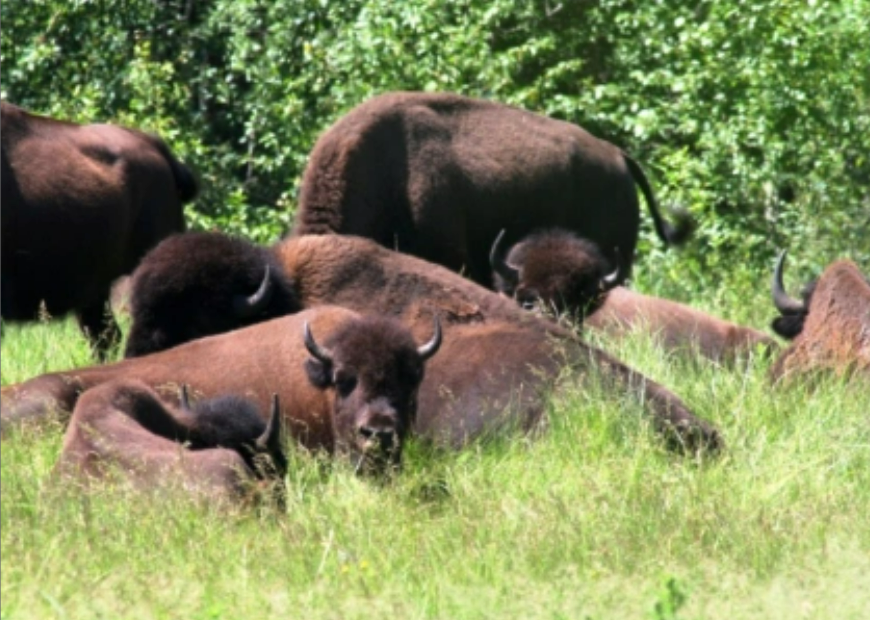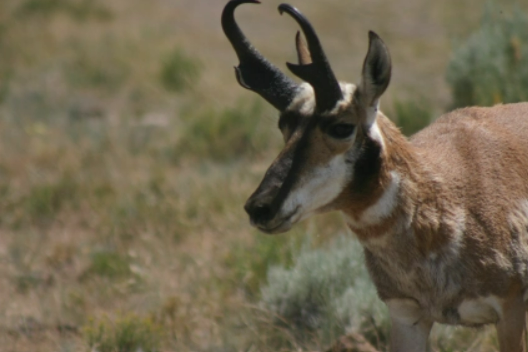Research
Our research vision is to uncover and understand novel patterns and processes in nature while conserving naturally functioning ecosystems.
To ensure our research successfully contributes to advancing ecology and conservation, we actively collaborate with a multitude of partners including other researchers, regional and federal land and wildlife management agencies, and non-governmental organizations. Our research is also supported by a wide range of federal, state, and private funders.
Learn More ↓Research Themes
How moving animals exploit spatiotemporal variability in habitat
Seasonality creates heterogeneity in when and where resources are available throughout the year. How animals exploit these complex landscapes is a fundamental question in ecology, with important implications for conserving long-distance movements and large landscapes. We are combining novel analytical frameworks, ecological theory, and empirical data to further our knowledge of the field of animal resource tracking.

Quantifying how human-induced rapid environmental change alters animal behavior
To conserve wildlife and the habitat they rely on, a mechanistic understanding of how rapid environmental change influences individuals, populations, communities, and ecosystems is essential. Our work helps to predict how changes in weather, habitat, and human infrastructure alters wildlife behavior – ultimately providing the information to guide and prioritize prioritize limited conservation dollars.

How cognition shapes animal movement
Because the movement ecology field is mainly focused on ever-improving technology to track animals, a large gap is emerging between this and fundamental concepts developed in behavioral and cognitive ecology. We know from studies on humans that our memory of past experience shapes our behavior. Such a relationship is also expected in wild animals, though our mechanistic understanding is still being established. We use empirical data to understand how learning and memory shape animal movement, exploring questions such as: (1) how the learning process unfolds over time; (2) how memory of past experience influences movement; and (3) why animals employ site fidelity.

Collective decision-making in moving animals
Although many species are social, movement ecology research tends to focus inference on the individual or population level. Our research contributes to growing awareness of the importance of collective decision-making in understanding the behavior of individual animals and how that scales up to the population. Such knowledge may aid in our understanding of the evolution of both migration and sociality as well as help determine how to conserve long-distance migrations.

Evolution of broad movement strategies
Movement ecology theory suggests that broad movement strategies such as migration, nomadism, and residency should evolve in environments with specific spatial and temporal configurations of resources. For instance, nomadism should be seen in environments with little spatial or temporal predictability. Yet, we observe many different movement strategies within a species or even within a single population. We are conducting research that can provide a broad understanding of where to expect different movement strategies, how they are changing, and how management actions can benefit certain movement strategies.

Publications
Peer-reviewed (bold represents Merkle Research Group). Use the filters below to refine your publication search.